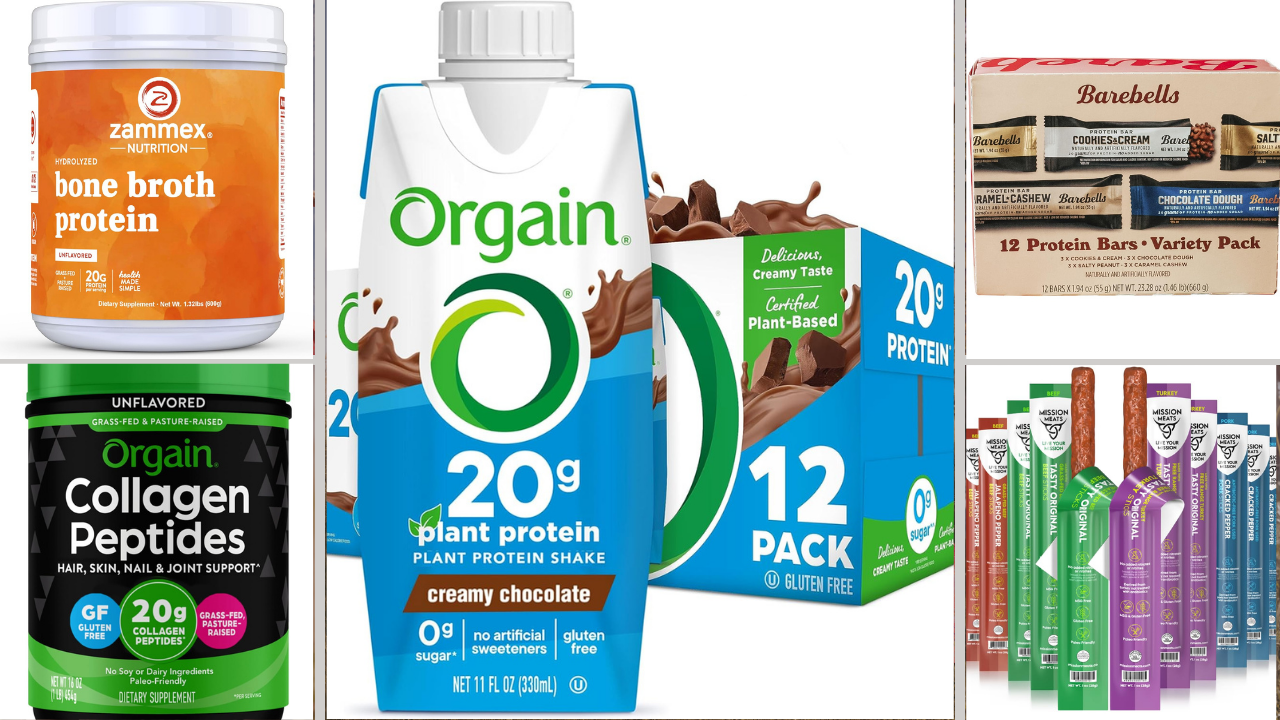Behind the Wheel, Beyond the Miles: Why Trucker Wellness Matters Now More Than Ever
What It Really Means to Be a Trucker – And Why Wellness Must Be Part of the Journey
An article recently published by Commercial Carrier Journal titled “What it really means to be a trucker” gave a raw, honest glimpse into the heart and soul of the trucking profession. It captured something that often gets overlooked: being a trucker isn’t just a job—it’s a lifestyle, a calling, and in many ways, a sacrifice.
Truckers are the backbone of America. Without them, shelves don’t get stocked, packages don’t arrive, and our economy slows to a crawl. But beyond the wheel is a person—often tired, overlooked, and struggling to maintain their health while living life on the road.
That’s where Mother Trucker Yoga steps in.
More Than a Driver—You’re Human First
The article highlights what many truckers feel but rarely say out loud. From the isolation to the pressure of deadlines, and the physical toll of being in a cab 14 hours a day—it all adds up. There’s little time left to prioritize wellness, let alone figure out where to begin.
That’s why at Mother Trucker Yoga, we focus on real-life wellness solutions that fit into a driver’s busy lifestyle. We’re not asking you to hit the gym for an hour or prep smoothies on a hot plate. We’re offering practical, doable changes you can make from your cab, sleeper, or even a rest stop.
The Wellness Gap in Trucking
Let’s be honest. Health hasn’t always been the top priority in this industry. But the stats don’t lie:
- Truckers are twice as likely to suffer from obesity and heart disease.
- Many report chronic back pain, poor sleep, and mental health challenges.
- The average life expectancy of a long-haul trucker is 16 years less than the national average.
These numbers aren’t just sad—they’re unacceptable. It’s time we change the narrative.
What Hope Zvara Is Doing About It
Hope Zvara, founder of Mother Trucker Yoga, has dedicated her life to bridging the gap between health and trucking. With a background in yoga, fitness, and holistic wellness—and a deep respect for the blue-collar community—she brings simple tools and powerful messages to drivers everywhere.
Whether it’s teaching breathwork to combat stress, stretches for the driver’s seat, or helping drivers rethink food choices on the go, Hope meets drivers where they are—without judgment, guilt, or overwhelm.
Her programs, videos, and tools are designed by someone who gets it, not someone trying to change you, but someone trying to help you change lanes toward better health.
It’s Time for the Industry to Wake Up
As the CCJ article points out, trucking is more than a job—it’s an identity. So why isn’t there more focus on making sure drivers are well?
If companies want to retain drivers, improve safety, and lower health costs, they need to start by investing in trucker wellness.
And if you’re a driver reading this—you don’t have to wait for the industry to catch up. Start with one small step today:
- Stretch before you drive.
- Drink one more bottle of water.
- Try one breathing technique when you’re feeling overwhelmed.
These small shifts, repeated over time, are the road map to better health.
Let’s Redefine What It Means to Be a Trucker
You are not a robot. You are not replaceable. You’re a living, breathing person who deserves to feel good in their body and mind.
So let’s redefine what it means to be a trucker—not just someone who delivers loads, but someone who takes care of themselves while doing one of the most essential jobs in the world.
We see you. We respect you. And we’re here to support you—mile after mile.



